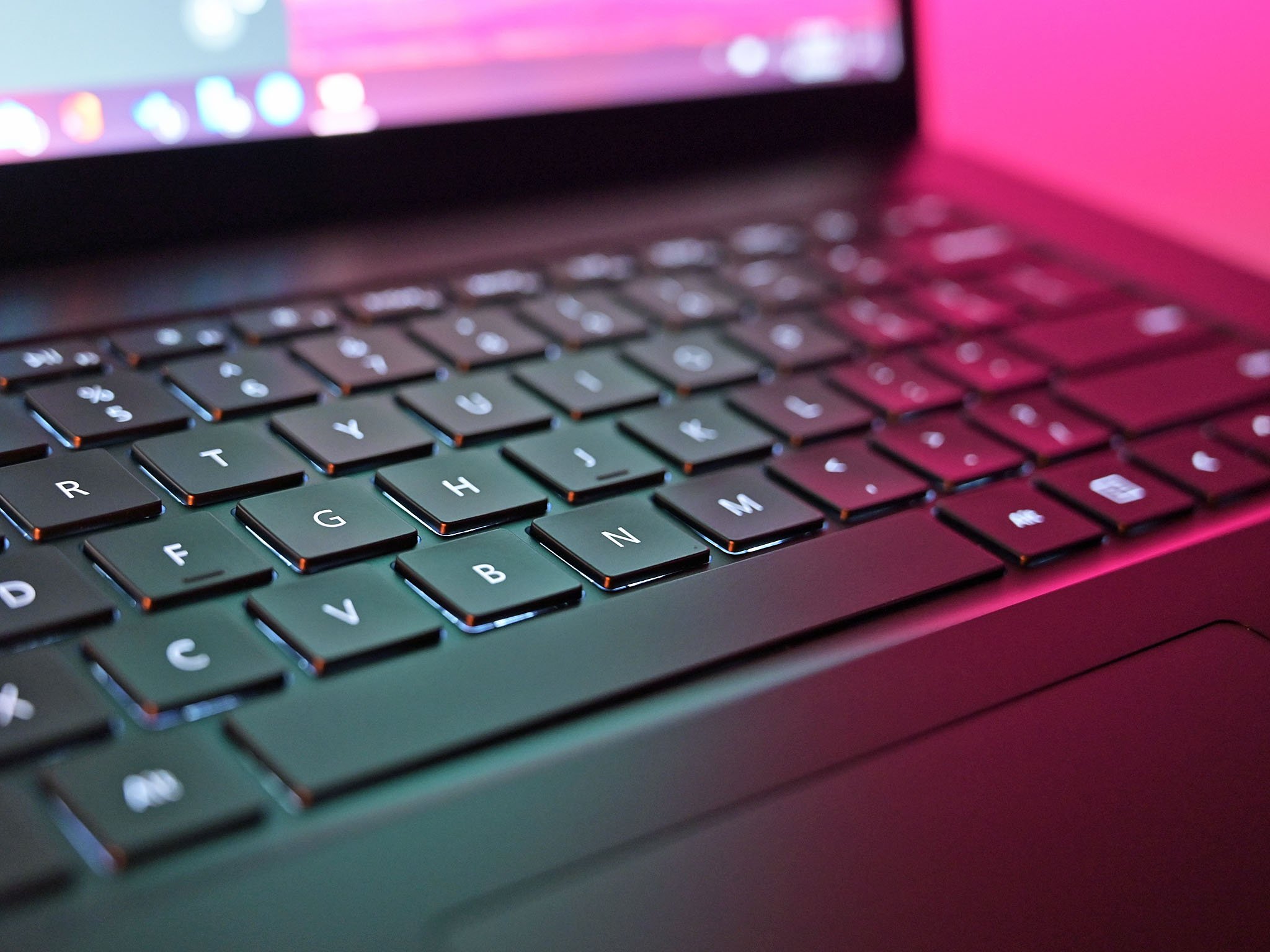Microsoft highlights malware targeting Ukraine, government identifies suspected attackers
Ukraine has its hands full.

All the latest news, reviews, and guides for Windows and Xbox diehards.
You are now subscribed
Your newsletter sign-up was successful
What you need to know
- Ukrainian organizations were recently struck by a wave of malware that affected those in the government, nonprofit, and IT sectors.
- Microsoft posted a technical breakdown of the cyberattack's methodology, dissecting what went into it.
- Serhiy Demedyuk, the deputy secretary of Ukraine's national security and defense council, stated that Belarus was the suspected perpetrator, with further comments from officials elaborating that Russia likely had some degree of involvement in the attack.
- In response to the attack on Ukraine, Poland elevated its nationwide cybersecurity terror threat level.
Once in a while, Microsoft's security teams' operations cross paths with major world news. Such is the situation with the curious case of the malware attack on Ukrainian institutions, which defaced and crippled government websites as well as those of nonprofits and IT organizations.
Microsoft has a security blog post analyzing the attacks in depth, in the event you want to see what Redmond has made of the malware thus far. It's not all old hat, either. "During our investigation, we found a unique malware capability being used in intrusion attacks against multiple victim organizations in Ukraine," says the post, indicating special malicious software was utilized specifically for this attack sweep. Microsoft indicates its investigation is ongoing, so findings may evolve as time goes on.
And as for the perpetrators of the attack, Serhiy Demedyuk, the deputy secretary of Ukraine's national security and defense council, disclosed that the cybercriminals were a hacker group with ties to Belarusian intelligence (via Reuters). Officials then further claimed Russia was likely linked to the attack as well.
In response to the situation, Poland bumped up its nationwide cybersecurity terror threat level, albeit on a preventative basis rather than a reactive one.
Should the Russian element prove to be true, it may not come as a surprise to many. After all, 2021 was the year of Russian hackers, according to Microsoft.
All the latest news, reviews, and guides for Windows and Xbox diehards.

Robert Carnevale was formerly a News Editor for Windows Central. He's a big fan of Kinect (it lives on in his heart), Sonic the Hedgehog, and the legendary intersection of those two titans, Sonic Free Riders. He is the author of Cold War 2395.
